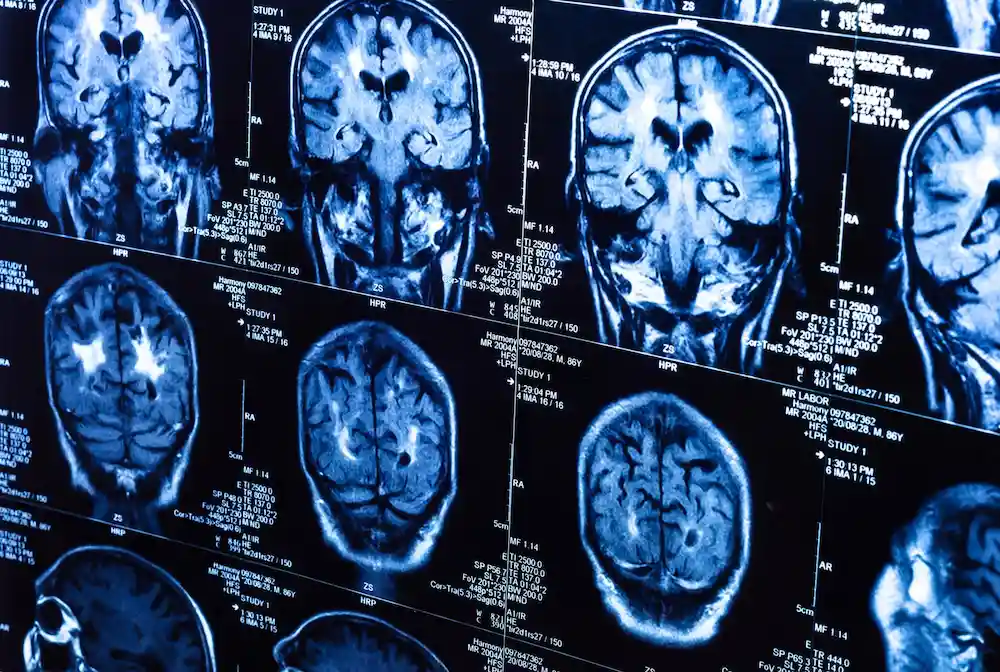Woodbridge Traumatic Brain Injury Lawyer
Need a Woodbridge traumatic brain injury accident lawyer for a traumatic brain injury?
If you or a loved one suffered a TBI in an accident involving Uber, Lyft, or another rideshare driver—whether as a passenger, pedestrian, or another motorist—you may be entitled to compensation. Rideshare accident claims involving brain injuries can be especially complex, but Etemi Law has the experience to guide you through it. We’re committed to helping TBI victims get the justice and compensation they deserve.
Call us today at (203) 409-8424 for a


Understanding Traumatic Brain Injuries (TBI)
A traumatic brain injury (TBI) occurs when a sudden jolt, blow, or impact causes the brain to move rapidly within the skull. This movement can result in chemical changes, bruising, or damage to brain tissue. Even mild trauma—known as a mild traumatic brain injury (MTBI)—can lead to lasting effects, sometimes without immediate signs such as loss of consciousness.
Common Causes of TBI
TBI can happen in many everyday situations, including:
- Rideshare Accidents – Sudden impact from Uber or Lyft collisions, especially rear-end crashes, can cause the brain to jolt violently.
- Slip and Fall Accidents – Striking the head on the ground during a fall can lead to significant brain trauma.
- Sports Injuries – Contact sports like football, boxing, and rugby are common causes of concussion and TBI.
- Motorcycle Accidents – Especially in Connecticut, where helmets aren’t required for all riders, these crashes can be devastating.
- Pedestrian Accidents – Pedestrians struck by vehicles often suffer TBIs due to direct impact.
- Product-Related Injuries – Falling merchandise or faulty safety equipment (like airbags) can cause head trauma.
- Birth Injuries – Trauma during delivery can result in infant brain injuries with lifelong consequences.
Why TBI Cases Are Complex
Brain injuries are often called “invisible injuries” because their symptoms may be subtle, delayed, or misdiagnosed. TBIs can affect memory, mood, concentration, and even personality. Because of the complexity of these cases—especially when involving multiple parties, such as in rideshare accidents—it’s critical to have a legal team that understands both the medical and legal challenges involved.
How Etemi Law Can Help
At Etemi Law, we are committed to helping victims and their families get the compensation they need for recovery and long-term care. Our experienced team will:
✅ Thoroughly investigate the cause of the brain injury
✅ Work with medical experts to document its full impact
✅ Handle negotiations with insurance companies and responsible parties
✅ Take your case to trial if necessary to fight for full compensation
Don’t Wait — Protect Your Rights
If you or a loved one has suffered a brain injury due to a rideshare crash or another type of accident, it’s crucial to act quickly. You deserve a legal team that will stand by your side and fight for the justice and financial recovery you need.
📞 Call us at (203) 680-8080
📧 Email us or fill out our Free Case Evaluation Form to schedule your free consultation today.
In Woodbridge’s rural edges, farms and stone walls meet commuter arteries, and drivers on Amity Road (Route 63) report sudden encounters with slow-moving tractors crossing into driveways. I’ve tracked scenes where a farm implement or sugar‑maple haul narrows sightlines at dusk, turning otherwise short trips into mechanisms that produce concussive and penetrating head injuries. The town’s mix of agricultural work and suburban traffic shapes the risks.
On narrower secondary roads like Center Road (Route 114), steep hedgerows and stone walls limit visibility; I’ve observed slow farm equipment enter traffic from unmarked driveways, and a heavy trailer jackknifing can create rotational brain injuries even at low speeds. Local bus routes and school drop-offs add pedestrian exposure near farms, shifting typical injury patterns toward both blunt trauma and crush‑type mechanisms.
When emergency responders are summoned from the Woodbridge volunteer companies, scene access and equipment size affect on‑site stabilization and decisions about interfacility transfer. Critically injured patients are often routed to Yale New Haven Hospital, where the nearest Level I trauma resources are located; depending on time of day and road conditions, ambulance or rotor transfer to New Haven can add 15–30 minutes to definitive neurosurgical evaluation.
Recovery in Woodbridge tends to follow a local path: initial inpatient care in New Haven, then outpatient physical, occupational, and cognitive therapy closer to home — sometimes at clinics that coordinate with rural patients who live near West Rock Ridge State Park. Rehabilitation patterns often require repeated trips along the same farm-to-commuter routes that caused injury, complicating scheduling and family logistics for continuing care.
